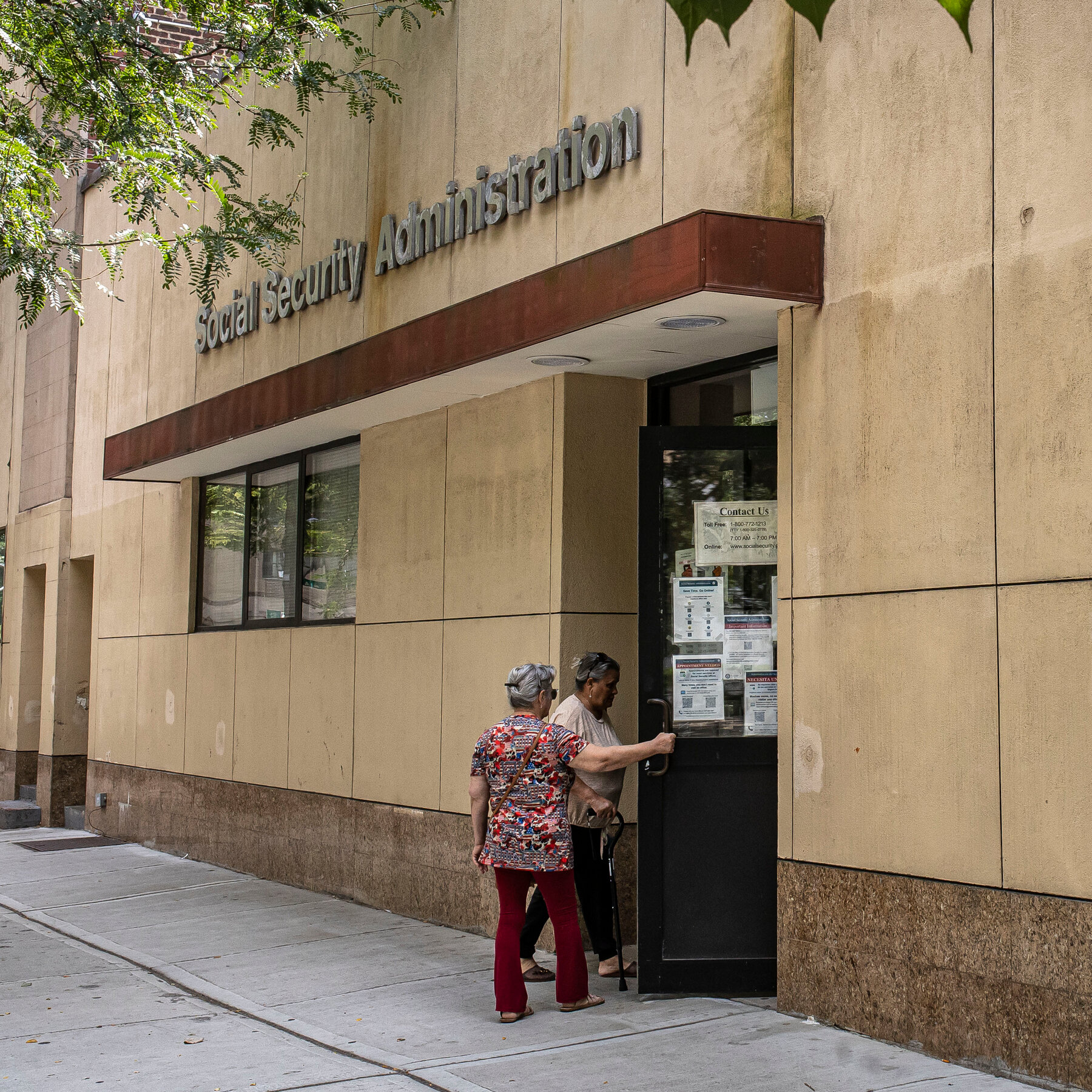Sanna Marin Led Finland Through Covid and Russian Threats, Yet She’s Best Known for a Shimmy
From a Historic Rise to a Viral Slip‑up
When Sanna Marin took office at the age of 34, she instantly became a symbol of a new, progressive Europe. As the world’s youngest female prime minister at the time, she was celebrated for shattering glass ceilings and championing gender equality.
Steering the Nation Through Turbulent Times
During her two‑year tenure, Marin faced a double‑edged crisis. First, she oversaw Finland’s response to the COVID‑19 pandemic, implementing swift testing, contact‑tracing, and economic relief measures that kept the country’s mortality rate among the lowest in the EU. Second, she navigated escalating security concerns as Russia’s military activities grew ever more aggressive in the Baltic region, strengthening NATO ties and boosting defence spending to reassure citizens.
The Dancing Video Scandal
Months after leaving office, a private video of Marin dancing at a private gathering leaked online. The clip, which showed her performing a playful shimmy to a pop song, quickly went viral. Critics seized the moment, accusing her of “unprofessional behaviour,” while supporters argued that the uproar was a classic example of gendered double standards.
Turning Embarrassment into Empowerment
Instead of retreating, Marin embraced the controversy. She posted a statement on social media, “If a little dance can spark conversation, let’s keep dancing,” and framed the incident as a reminder that leaders are human too. The move resonated with many, especially young women, who saw her refusal to apologise as a bold declaration of personal agency.
What the Future Holds
Two years out of the prime minister’s office, Marin remains a prominent voice in Finnish and international politics. Whether she re‑enters elected office or continues her work on climate and social justice, the dancing video has become part of her narrative—a testament to how a moment of levity can be transformed into a rallying cry for authenticity.





